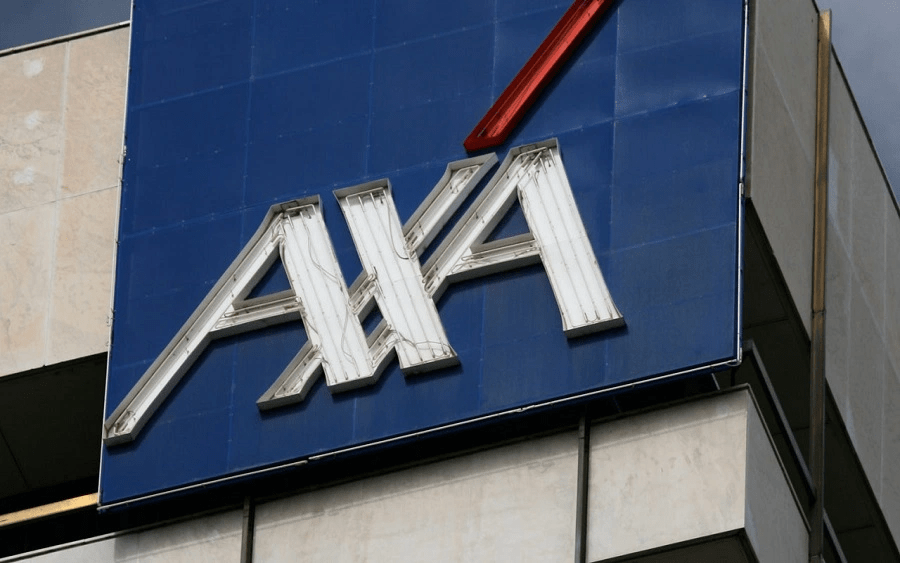The Minister for Fisheries and Aquaculture, Madam Emelia Arthur, has revealed that Ghana imports over 79,000 metric tons of fish annually to fulfil local demand as a result of marine pollution, illegal unreported, and unregulated (IUU) fishing.
She said this at a press briefing held at the Ministry on Monday, 20 October 2025, to announce the establishment of Ghana’s first Marine Protected Area (MPA) within the Greater Cape Three Points Area in the Western Region.
“Ghana’s marine fisheries have been under severe pressure from overfishing, habitat destruction, pollution, and illegal, unreported, and unregulated (IUU) fishing.
“As a result, domestic fish production has decreased, leading the country to import over 79,00 metric tons of fish annually to fulfil local demand. If current trends continue, these factors may further impact both marine ecosystem health and the livelihoods of coastal communities,” she said.
Madam Arthur stated that, as parts of efforts to revitalize the fisheries sector, government is implementing additional spatial measures, hence, the introduction of the Marine Protected Areas (MPAs) within the Greater Cape Three Points Area.
The MPA which has been approved by cabinet but yet to be established, serves as a timely and strategic intervention to restore ocean health, and boost fish productivity.
“Historically, Ghana’s fisheries management has primarily utilized non-spatial methods such as seasonal closure and gear restrictions. However, there is an increasing focus on implementing additional spatial measures in response to current ecological concerns.
“The adoption of spatial management tools, including Marine Protected Areas (MPAs), is intended to support fish recovery and ecosystem stability. This approach follows international practices and reflects government efforts to update the fisheries sector.
“It aims to integrate scientific research, stakeholder input, and coordination among ministries to set feasible goals and establish practical implementation strategies,” she added.
The Greater Cape Three Points Area covers about 700 square kilometres and stretches from Ampatano to Domunli and has been scientifically identified as the most suitable for the establishment of an MPA.
The area is also known for its critical breeding and nursery ground for sardinellas and other species and an important migratory route for whales and dolphins, and also serves as a nesting grounds for marine turtles.
According to the Minister, the establishment of the MPA will not impose a complete ban on fishing, but instead, provide immense opportunities for ecotourism and climate resilience as well as enhance livelihoods and incomes.
“It is important to clarify that the establishment of the protected area in the Greater Cape Three Points region does not prohibit fishing activities entirely. Rather, its objective is to promote sustainable fishing practices that do not adversely impact livelihoods of local fishing communities.
“Additionally, the MPA aligns with Ghana’s Blue Economy Strategy by supporting both the blue wealth, encompasses fisheries, aquaculture and tourism and blue health, which focuses on ecosystem restoration and biodiversity. These efforts aim to responsibly harness marine resources for current and future generations,” she stated.
On the issue of stakeholder collaboration, the minister noted that the Ministry together with the Fisheries Commission and partners conducted an extensive consultation across 21 participating communities, engaging over 7000 stakeholders, predominately fisherfolks and community leaders.
“A multistakeholder MPA Technical Advisory Committee has guided the scientific and participatory process, ensuring that it reflects broad consensus and community support and meets the relevant international standards.
She further stated that the move aligns with international agreements, including the UN Convention on the Law of the Sea (UNCLOS), the UN Convention on Biodiversity (CBD), the Abidjan Convention, Sustainable Development Goal (SDG) 14, and the Kunming-Montreal Global Biodiversity Framework.
“Moreover, it is consistent with Articles 36(9), 41(k), and 269 of the 1992 Constitution of Ghana, the Fisheries and Aquaculture Act (Act 1146), as well as the Marine Fisheries Management Plan for 2022–2026,” she said.
Following Cabinet approval, the Ministry and Commission will engage in the following activities towards the realization of the establishing the MPA:
· Map out and gazette the designation of the Greater Cape Three Points MPA
· Conduct inter-ministerial engagement to build support for implementation
· Make a public declaration of the MPA
· Collaborate with participating communities, NGOs and faith-based organisations to integrate local knowledge into the development and implementation of management plan for the MPA
· Undertake public education and sensitization on the MPA
· Develop enforcement and monitoring plans to prevent illegal activities.
· Identify and promote alternative livelihoods to support fishers who might be affected.
The post Ghana imports over 79,000 metric tons of fish annually due to declining marine stocks – Minister for Fisheries appeared first on The Herald ghana.



